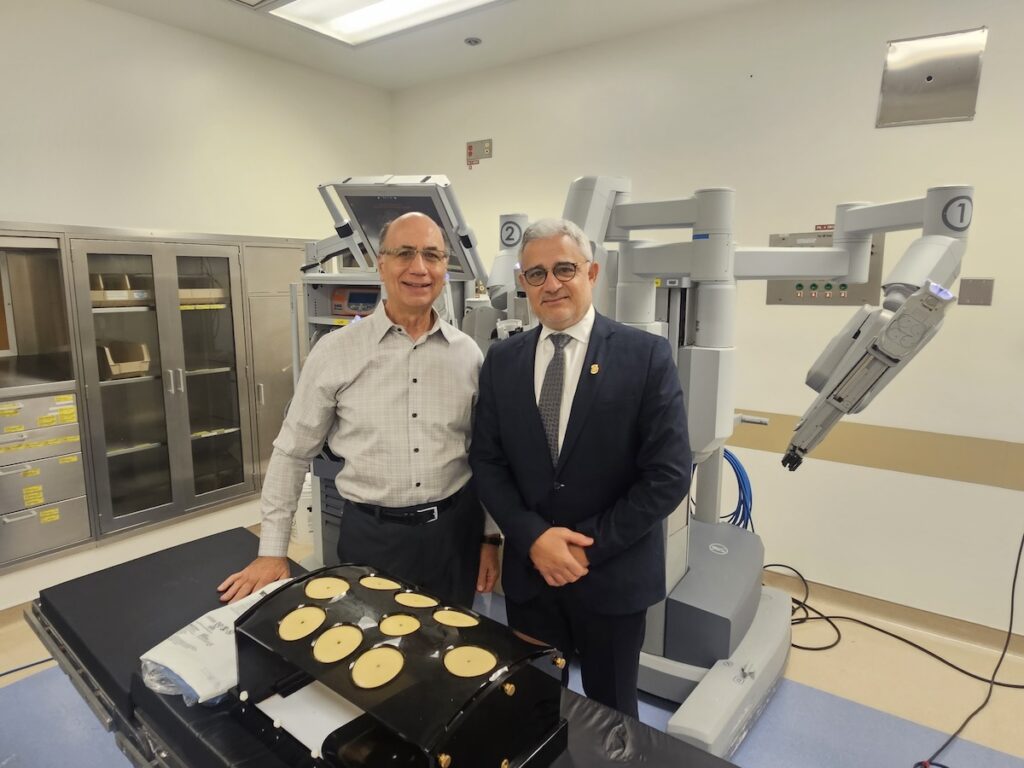Gene Albrecht, PhD’76, embraces the principles he learned as a graduate student at the University of Chicago
“As a student at the University of Chicago, I gained a love for research, and that has affected my entire life,” said Gene Albrecht, PhD’76.
Albrecht received his PhD in anatomy, under the supervision of Charles Oxnard, PhD, former professor of anatomy and dean of the College.
“The University of Chicago offers an ideal setting for anyone seeking an immersive, intense, intellectual experience,” Albrecht said.
To help future generations of students, Albrecht named the University as a beneficiary of his living trust and retirement accounts. His bequest will establish and endow the Gene Albrecht Dissertation Research Fund in Organismal and Evolutionary Zoology in the Committee on Evolutionary Biology. The fund will award competitive doctoral dissertation research grants to students conducting independent work in zoology at the organismal level of study.
“Dr. Albrecht’s bequest will provide a reliable source of funding that allows our students to build research networks, conduct field research, work with specimen collections internationally, and collect other kinds of data that are absolutely essential to their research,” said Michael Coates, PhD, chair of the Committee on Evolutionary Biology. “Since the National Science Foundation no longer provides grants to supplement ongoing dissertation research, this fund will fill a much-needed gap.”
After receiving his PhD, Albrecht briefly taught anatomy at the University of North Carolina at Chapel Hill. In 1978, he joined the department of cell and neurobiology at the University of Southern California (USC), where he remained until his retirement in 2016. While at USC, Albrecht advanced research he began at UChicago, investigating the evolution and morphology of primates, while also teaching anatomy courses to medical students.
His research examined why primates’ anatomy varies across different habitats, as well as the quantitative methods used for analyzing data in evolutionary studies. One of the projects Albrecht is most proud of involved an analysis of size variation across the entire fauna of endemic prosimian primates in Madagascar—from mouse lemurs to extinct species the size of gorillas. The study demonstrated that the more productive the habitat, the larger the animals.
A few years ago, Albrecht returned to Hyde Park to advance an emeritus research project examining brain size variation across mammals. Much of the data he collected came from early and rare publications, including biology journals at Crerar Library.
“When I was back on campus, I got the sense that while the buildings have changed somewhat, the intensity of intellect and research remains,” Albrecht said.
Today, Albrecht enjoys gardening and traveling with his partner, Paula Markgraf, and continuing his research on brain size scaling in mammals.
“Whatever problem I encounter—whether in my own field or an entirely different area—I apply the same curiosity, rigor, and whim that I learned as a graduate student at UChicago,” Albrecht said.
Originally published in Medicine on the Midway, November 2019




